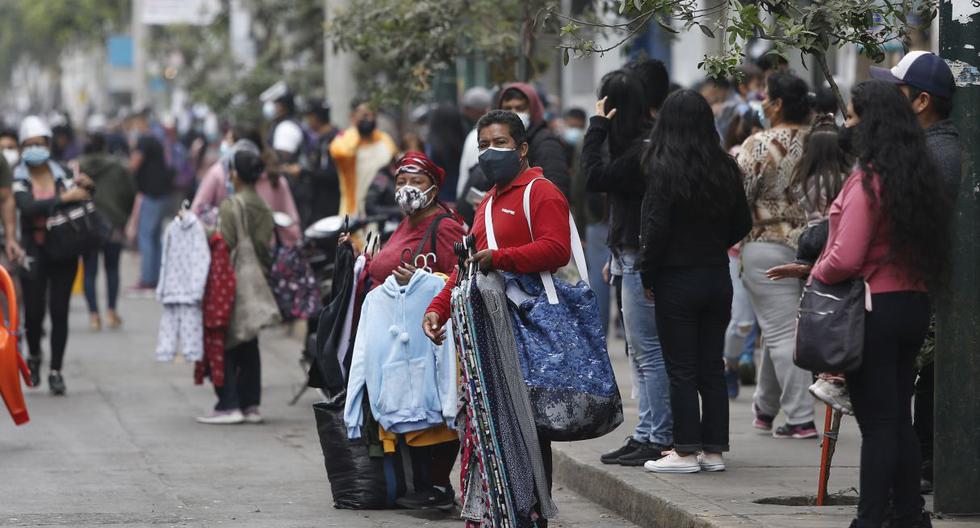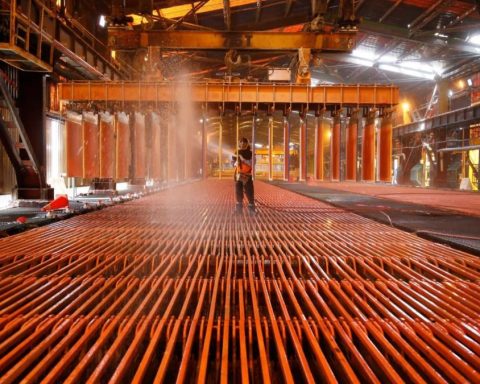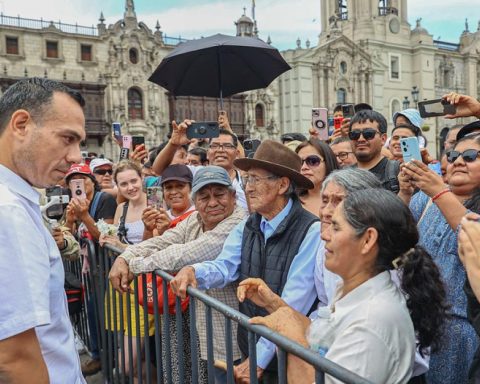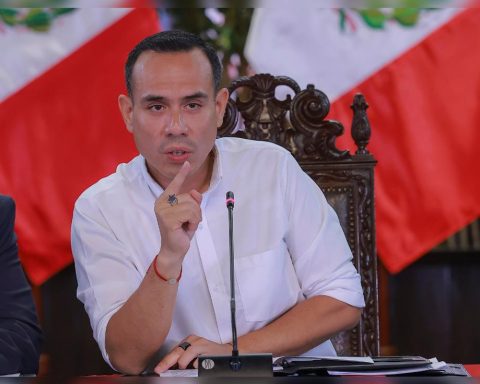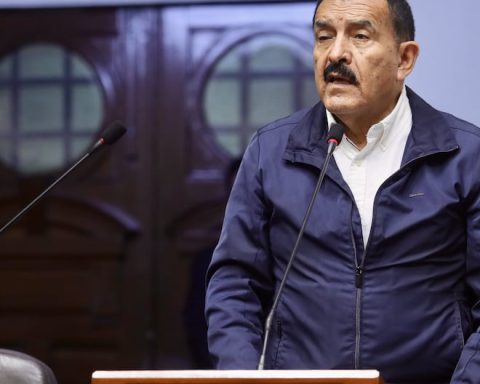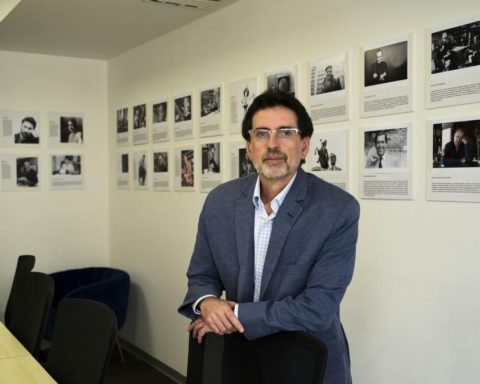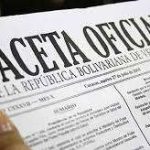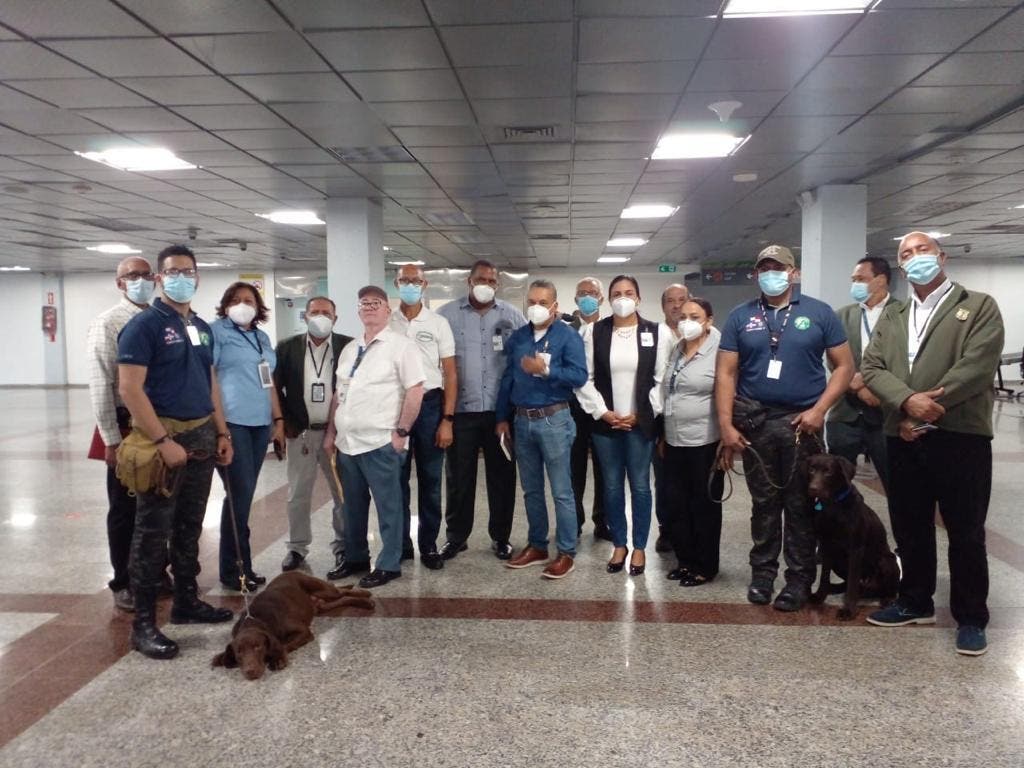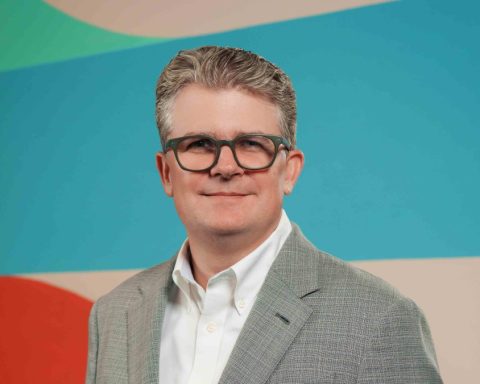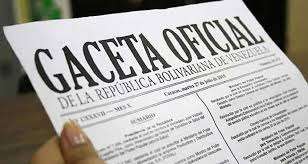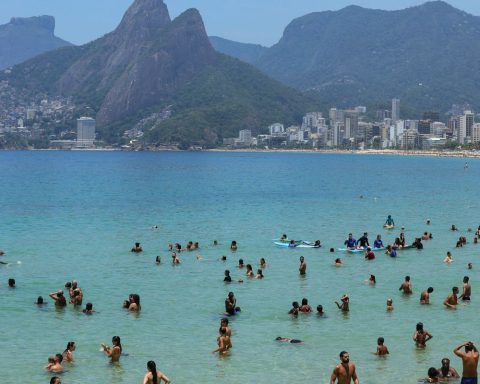Recently, the National Institute of Statistics and Informatics (INEI) revealed that the Gross Domestic Product (GDP) grew 13.31% in 2021however, the figures also showed that for a few months the economy has begun to slow down, which is why in December it only advanced 1.72%.
This minor advance has an impact on the working market, since without growth it is difficult to generate jobs. About, José Carlos Saavedra from Apoyo Consultoría considered that in 2022 “a rather precarious job creation” will be observed.
“Adequate employment is still 15% below pre-crisis levels,” he said, noting that what has recovered the most are lower-quality jobs.
To this is added, he explained, that wages are approximately 15% below what they were before the pandemic “because of the precariousness of work and the increase in inflation.”
Meanwhile, the main professor of Economics at the Universidad del Pacífico, Carlos Casas, specified that for this year there is so much uncertainty that there is no consensus on the expectations for the private investment and that impacts the generation of jobs.
“For the purpose of generating employment, private investment growing 2% is as if it grew zero. Uncertainty makes companies cautious,” he explained.
For his part, the dean of the UPC, Carlos Adrianzén, considered that “the miracle” of metal prices is not being taken advantage of and that “maintaining political uncertainty is toxic.” What worries me the most is that there is no compass, and that we are going to the abyss”, he added.
To do
Adrianzén argued that in order to recover lost jobs and create new ones, it is necessary to boost private investment.
“If they do not understand that the situation is fought with private investmentthen you can’t move forward. Just betting on public investment can generate backwardness and corruption”, he stressed.
On this, Casas mentioned that private investment generates “quality and decent employment”, and that it is also long-term.
“There is no magic recipe. Private investment is required that responds to trust, profitability, which in turn depends on the regulatory framework”, he commented.
For Saavedra, effectively “Peru is one of the worst countries in regulatory matters” to generate quality jobs. “We have the worst labor regulations in Latin America and in the world, and in Congress they put out proposals that go in the opposite direction,” he stressed.
Keep in mind
-José Carlos Saavedra indicated that they expect private investment to drop 4% this year. Likewise, they estimate that in the second half of 2022 “there will be a better reflection of the economy because it is compared to a more similar period.”
-Carlos Casas considered that with metal prices like the current ones, the economy should grow at a rate of 5% to 6% this year, and not between 2% and 3% as estimated.
